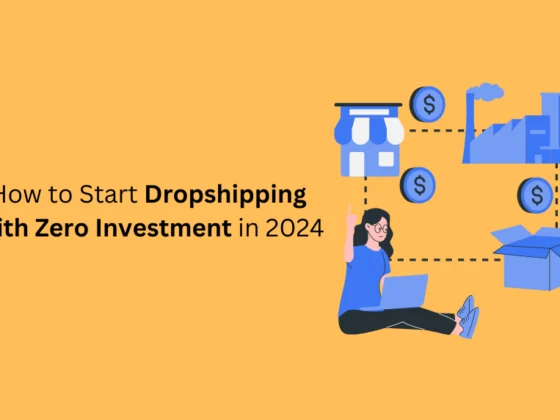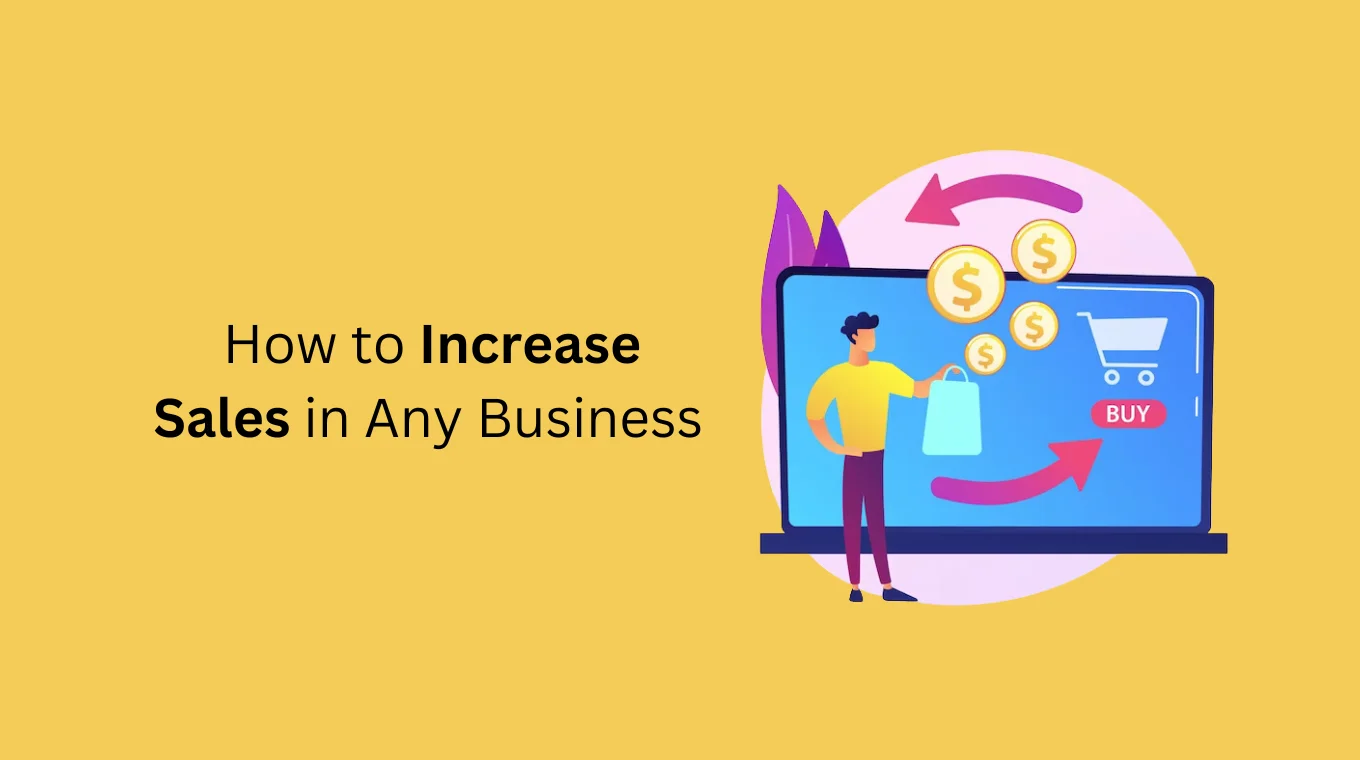Since the dawn of Magento 2 in June 2020, many e-commerce owners have migrated their online venture to Shopify. Magento announced more than a year ago that it will end the line of support for Magento 1.X in June 2020 and will only support Magento 2.
Shopify is once again setting a strong foothold in the digital industry. If you are also among e-commerce entrepreneurs who are wondering why you should also migrate from Magento to Shopify, this blog is for you.
1. Usability
When we compare Magento and Shopify on the parameter of usability, Shopify scores way ahead of Magento. Before we talk about the ease of use in Shopify, let’s see where Magento lags.
Magento comes along with a steep learning curve. You may find yourself struggling with the platform to get the right form and function of the online store powered by Magento.
With Shopify, on the other hand, things become rather easy for you. Shopify is a simple-to-use drag-and-drop e-commerce website builder. When it comes to Shopify e-commerce development, it’s nowhere as difficult as Magento.
In simple words, while Magento requires professional web developers, Shopify doesn’t need a lot of technical knowledge to get started. That being said, if you plan to launch a high-quality e-commerce website with Shopify, we recommend you must hire Shopify professional developers.
2. Automatic Updates
Magento 2 is in the picture now, and the digital world is full of blogs on “Why you should upgrade to Magento 2?” If you think about it, upgrading Magento 2 is rather cumbersome work to do. It’s not like Magento comes up with an update and the update is done automatically. No, you’ll always need a web developer to update the Magento for you.
That’s not the case with Shopify, though. Shopify brings automatic updates with it, allowing you to keep you ecommerce platform up-to-date as and when the update comes. If you want an e-commerce platform that takes away the of manual updates, choose Shopify.
3. Security
Ever since the launch of Magento, the e-commerce platform has been facing criticism for lack of security. Magent-powered websites are known to be a target of web attacks such as hacking, and malware, and with the end of the support line for Magento 1, there will be no security updates. Magento 1.X websites are now vulnerable, to say the least.
Shopify is a sure winner here as it handles security way better than Magento. When it comes to being PCI DSS compliant, Shopify is right at the top, Level 1. Shopify does not compromise security. So if we were you, we’d put our trust and money in Shopify.
4. Themes
Themes give your e-commerce store the look and feel that resonates with your audience. Be it a potential lead or existing customers, getting your store theme right is essential to deliver a good shopping experience.
Does Magento bring amazing themes? Yes. Does Magento do it at a reasonable cost? No. Yes, you read that right. While the average cost of custom Magento themes is just about 100 USD, be prepared to pay anywhere between $500 to more than $25000, yes, twenty-five thousand, for a custom theme of your choice.
Shopify, on the other hand, does not burn a massive hole in your pocket, and yet packs a good punch in terms of Shopify themes. And the best part is that ALL SHOPIFY THEMES ARE MOBILE RESPONSIVE. Now that’s what we call thoughtful development. Shopify comes with 10 free-of-cost themes and 64 paid themes that cost anywhere between 140-180 US Dollars. That’s not much to ask, is it?
5. Sales Features
Let’s compare Shopify and Magento toe-to-toe in terms of their sales tools. Both Shopify and Magento have abandoned cart recovery tools, and both of them have multi-channel selling options. With Magento, you also get to create multilingual e-commerce websites. Shopify also does that, but you’ll need to integrate third-party integrations with it to do so. But that’s not where the comparison ends.
Shopify comes pres-integrated with logistics partnerships with the most prominent shipment companies such as UPS, DHL Express, Canada Post, etc. Moreover, Facebook, Instagram, Pinterest, and Amazon have Shopify as a pre-built now, allowing you to launch your Shopify store easily.
Yes, Magento has a good inventory management system, but when we compare Magento’s sales tools with Shopify, Shopify turns out to be the winner again.
6. Marketing Tools
Marketing tools play a vital role in maximizing your outreach and finding new, better leads. From brand awareness to bringing loyal customers on board, marketing is among the most powerful tools of the trade. Let’s see how Shopify and Magento stand against each other in terms of their marketing efficacy.
With the help of third-party email integrations, Shopify gives you the power to create engaging emails. At the same time, Shopify also allows you to market your brand and products/services directly on Facebook, Instagram, and Pinterest. Social media marketing comes off the rack with Shopify.
On the other hand, Magento brings you plenty of marketing goodies, but it’ll take a Magento marketing expert to get things done. And that too after an expert Magento developer integrated all the marketing tools into the platform. This all is easier said than done, and that’s why Shopify wins here too.
7. Functional Integrations
No matter how efficient an e-commerce platform is, there’s always room for enhancement with the help of applications and add-ons. Both Magento and Shopify have their own sets of benefits in terms of extensions, apps, and add-ons. Let’s take a look at them.
Magento has more than five thousand extensions available on Magento Marketplace. About 2000 of those extensions are free of cost, the rest are paid. Speaking of paid extensions, if you choose to integrate Facebook with Magento, you’ll need to shell out $199 from your pocket. And when you come to think of it, Facebook integration with Shopify doesn’t cost a dime extra.
The cost of Magento extensions can range anywhere from $30 to more than $2000. And given the fact anyone can design a Magento extension, you may end up getting an average or below-average quality extension. In turn, it may do more harm than good for your online store.
Shopify, on the other hand, with just above 1200 extensions, ensures the high quality of extensions available to you at the Shopify App Market.
Other Reasons Why Shopify Is Better Than Magento
If the points mentioned above are not sufficient to make you understand why you should migrate from Magento to Shopify, here are more we aren’t done with reasons yet.
8. Scalability
It’s not news that as the online business grows, the e-commerce website also needs to grow to accommodate more users. If you are planning to launch a marketplace, also called a multi-vendor website, you’ll have many customers and many vendors. If your website does not scale up with your business, your end users may encounter sudden crashes and a website that simply doesn’t load on time.
Shopify takes care of scalability much better than Magento. With a capacity of handling more than eight thousand orders per minute, Shopify is built to grow. Online merchants love Shopify for its scalability.
It’s not news that as the online business grows, the e-commerce website also needs to grow to accommodate more users. If you are planning to launch a marketplace, also called a multi-vendor website, you’ll have many customers and many vendors. If your website does not scale up with your business, your end users may encounter sudden crashes and a website that simply doesn’t load on time.
Shopify takes care of scalability much better than Magento. With a capacity of handling more than eight thousand orders per minute, Shopify is built to grow. Online merchants love Shopify for its scalability.
9. Customizability
Magento is intuitive, but also complicated. It takes a lot of experience and technical know-how to unleash the full potential of Magento. As a result, your e-commerce store may take ages to go live. On the other hand, Shopify uses HTML, JavaScript, and CSS. These terms surely sound familiar, don’t they? That’s because most popular e-commerce platforms rely on them. Moreover, Shopify has its own templating language, Liquid, that makes Shopify customization a breeze.
10. Hosting Services
If you haven’t researched yet, let us tell you that launching your e-commerce venture Magento will need you to look for a hosting service. On the other hand, Shopify comes with cloud-based hosting that also happens to be fully managed. Magento doesn’t make hosting any easier, and you’ll need a solid Magento developer for it. Good Magento developers don’t come cheap. So, hosting services may require you to expand your budget by a huge margin if you go for Magento.
Or, you can simply choose Shopify and cut down on all the hassles and stop worrying about budget constraints.
Conclusion
Shopify offers a whole lot of features and benefits as compared to Magento. It’s easy to use, has amazing sales tools, gives you just the right amount of themes, and is highly functional. What’s there not to like about Shopify? Yes, there are certain aspects where Magento is better, but when you tend to weigh Shopify against Magento, Shopify surely comes out victorious. If you are planning to launch a Shopify store, it’s time to hire Shopify professional developers and get a leading edge against your competitors.
If you enjoyed this, you might also enjoy these posts








